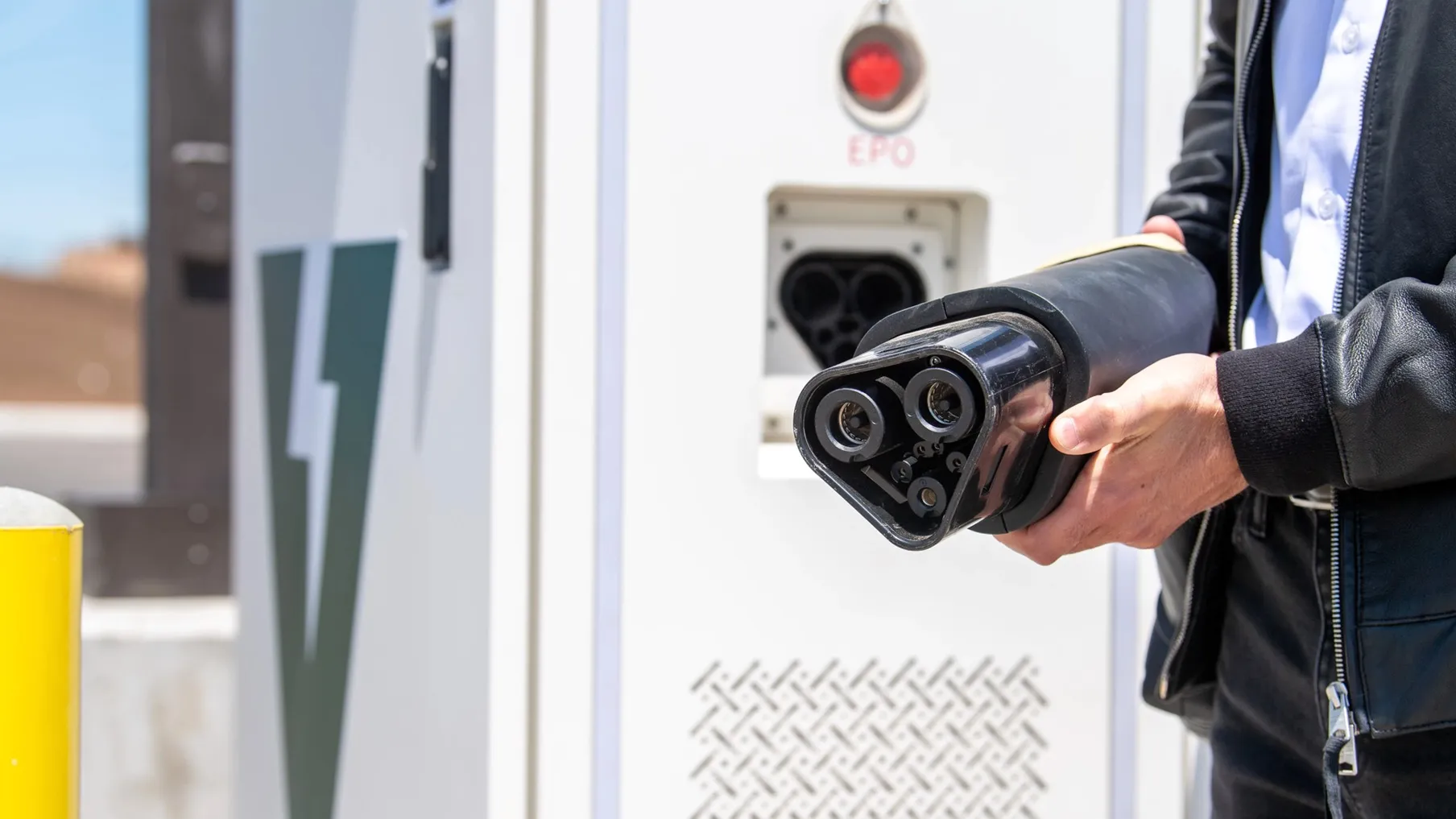Megawatt Charging Revolutionizes Electric Truck Industry in California
Key Ideas
- WattEV opened a solar-powered charging station in Bakersfield with 1200-kw chargers, reducing charge time for 300 miles to 30 minutes.
- ChargePoint announced support for the Megawatt Charging Standard, offering up to 1.2 megawatts through Power Link 2000 stations.
- Megawatt charging infrastructure development is gaining momentum, enhancing competition between hydrogen fuel-cell and battery-powered trucks.
- Daimler is planning a $650 million U.S. charging and hydrogen network, signaling a significant shift towards sustainable commercial transportation.
WattEV has recently inaugurated a game-changing solar-powered charging station in Bakersfield, California, designed for medium-duty and heavy-duty commercial trucks. This station, equipped with three 1200-kw chargers, can significantly reduce the charging time for a range of 300 miles to just 30 minutes. Alongside these, there are 16 dual-cord 360-kw chargers and 15 single-cord 240-kw Combined Charging Standard (CCS) chargers, marking a substantial step towards efficient charging infrastructure. The adoption of the Megawatt Charging Standard (MCS) is further reinforced by ChargePoint's announcement of supporting the MCS through its Power Link 2000 stations, offering a capacity of up to 1.2 megawatts. Notably, the MCS is designed for bidirectional charging, catering to marine and aviation charging applications as well. These developments highlight the acceleration in the establishment of megawatt charging infrastructure, aiming to revolutionize the electric truck industry. Furthermore, the emergence of Daimler's plan for a $650 million U.S. charging and hydrogen network underlines a significant shift towards sustainable transportation solutions for commercial vehicles. This shift not only emphasizes the competition between hydrogen fuel-cell and battery-powered trucks but also raises questions about the future of hydrogen fuel-cell technology in the commercial trucking sector.
Topics
North America
Renewable Energy
Sustainability
Commercial Vehicles
Electric Trucks
Charging Infrastructure
Latest News
